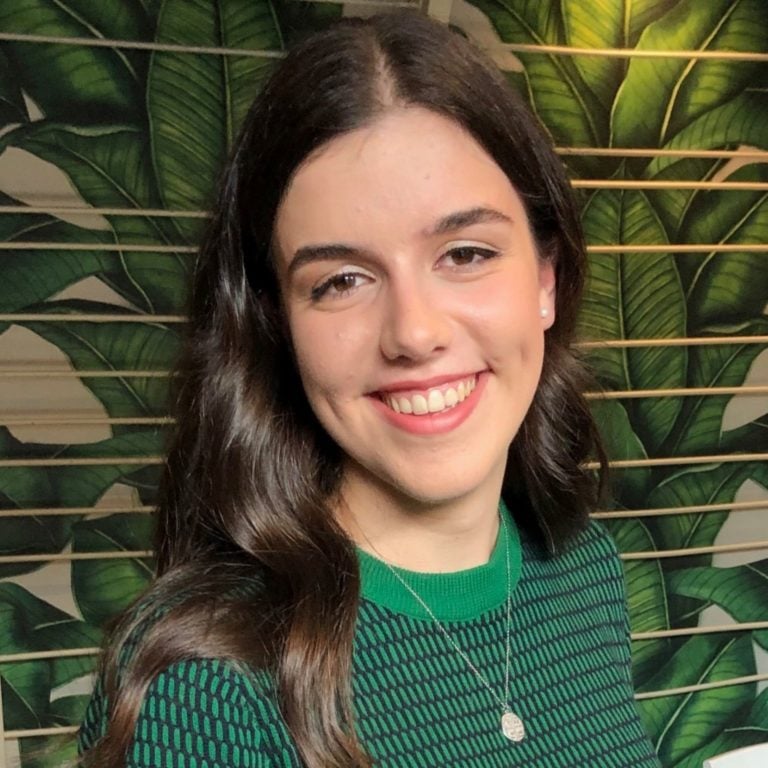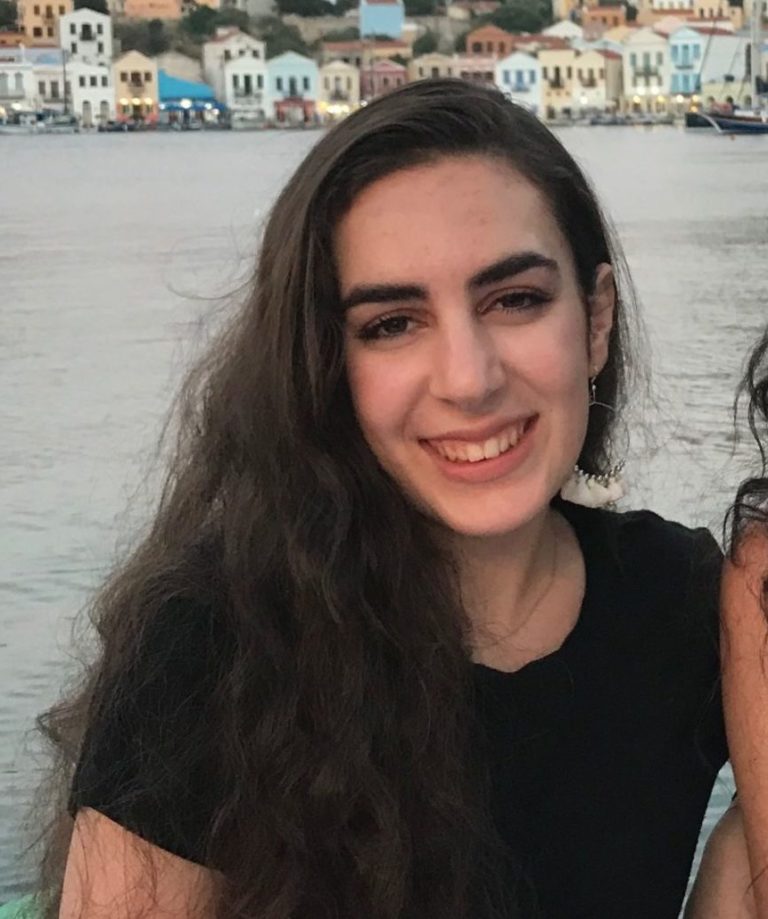There has been an ongoing ‘back and forth’ between generations of Greek-Australians regarding their sense of identity and how cultural practices should be preserved.
Whether some people believe there is a strict dichotomy between Greek and Australian identities is one thing, but at the end of the day there is no one clear cut way to define being a Greek-Australian or even how one may ‘quantify’ their ‘Greek-ness’.
Neos Kosmos chats to friends of NUGAS from the Monash Hellenic Students Society on what kind of issues are prevalent in the Greek-Australian Community and what they would like to see change.
READ MORE: Opinion: Food and family as a cornerstone of Greek culture
Anthea Digiaris

I have always been proud to be a member of the Greek-Australian community, a vibrant community with a strong sense of identity and sense of pride in its origin, rich history and migrant experience.
As for many readers I’m sure, my heritage and community have been sources of strength, support and motivation and have been integral in sculpting my identity. I note, however, that the desire in both younger and older members of our community to actively engage with their community has somewhat waned in the last 30 to 40 years.
The many ‘syllogoi’ (associations) and organisations which were once very active are now facing a decrease in membership and participation, much to the dismay of community leaders and more active members. I would therefore like to witness a shift in at least younger Greek-Australians towards investing time in reconnecting with their community.
This doesn’t mean signing up to teach Greek three times a week at their local Greek School, but might be as simple as learning more about and becoming part of an association or other Greek organisations that interests them.
It is my hope that, in this way, our younger members will be a part of and will therefore influence the future direction of our community and form wonderful friendships in the process.
Further, given many members of our community are becoming well-established in their professions of choice, I would also like to see a culture of mentorship within the Greek-Australian community become more prevalent. I have been lucky to find inspiring mentors through programs such as the HACCI Mentoring Program and have greatly benefited from my mentors’ wisdom and guidance.
I hope we can create opportunities to continue encouraging and supporting both the female and male members of our community to pursue fulfilling careers and lives. In remembering as a community to look outward to the world around us and to steer away from the outdated values of yesteryear, I hope we may also look inward and remember the powerful bond we have in our shared heritage which can provide each one of us with a source of support, belonging and mentorship.
Aristea Nikolakakis

The Greek-Australian community, from a youth perspective, is filled with extremely passionate individuals who understand not only the importance of the continuation of culture, but what it takes to keep the culture alive. 2020’s proliferation of online events and initiatives surrounding Greek dance, language and history proves the Greek-Australian youth are committed to welcoming others and sharing their culture, but the challenge moving forward will be finding the balance between promoting the culture and welcoming those who feel they are outside of it.
Fear of Greek identities that look different to those of our parents and grandparent’s generation is translating in Greek youth who feel ‘different’ to feel ostracised or unwelcome by the Greek community. The challenge for the youth is to find the balance between the traditional Greek culture and its modern Australian counterpart.
Part of the strength of the Greek community is that the idea of what ‘Greek’ looks like is changing. For many members of the Greek-Australian youth community, Greek is no longer spoken at home, the church is engaged with only during key holidays; put simply, the pillars of Greek identity found in our parents’ generation of language, religion and traditional community are disappearing, and it is up to the current generation to decide how much weight they are placing on language and religion in defining “Greekness”.
The challenge for the Greek community is welcoming not only the people who would join the ‘Greek scene’ without engagement, but convincing the Greeks without language skills, or outside of the religion, that they are also welcome and valued within the community. For many individuals, this engagement with the Hellenic culture begins at university. Rather than creating spaces where everyone preforms their Greek identity in the same way, university clubs can create spaces for individuals who don’t feel ‘Greek enough’ to engage with and develop their Greek identity.
University clubs have the unique opportunity to continue to define what it means to be Greek, and this opportunity includes the ability to open up that definition to include everyone, with varying levels of their engagement with the language or religion. This protects the community from the risk of losing some of the brightest and most ambitious Greeks to inflexible definitions of Greek identity.









